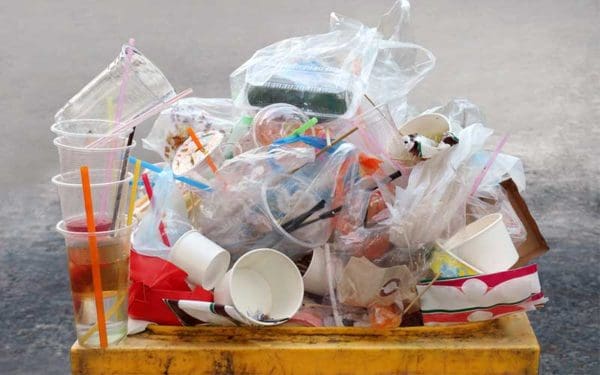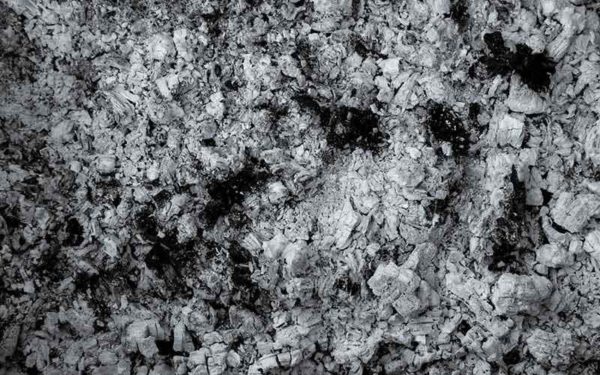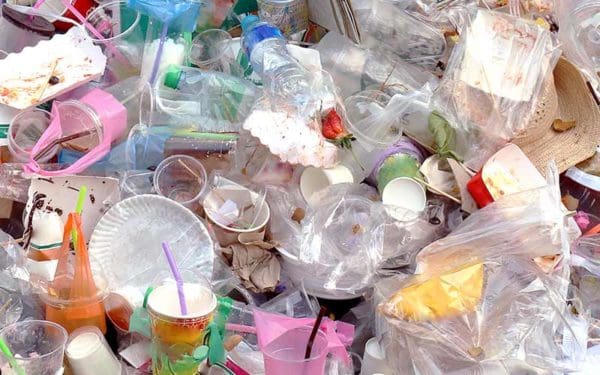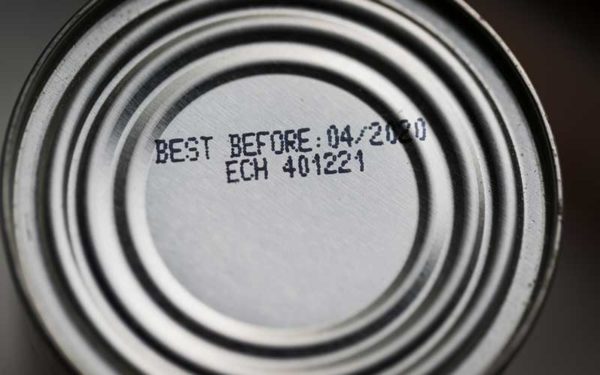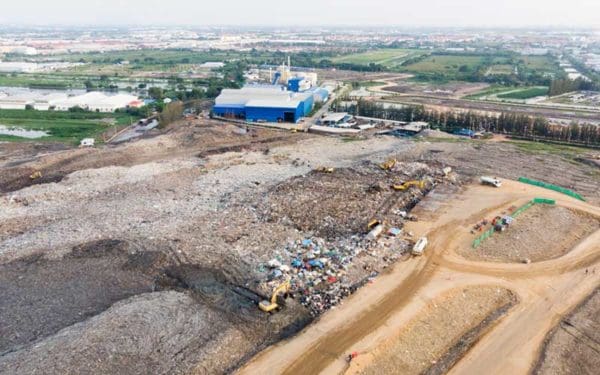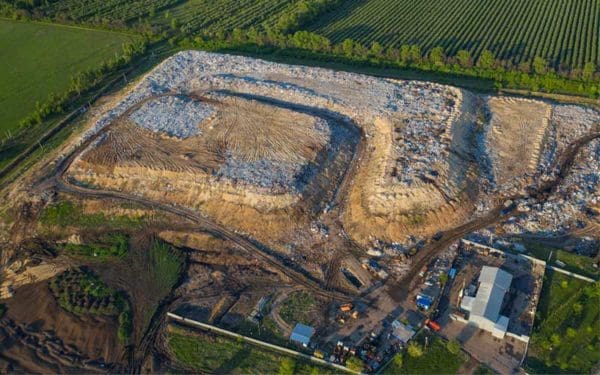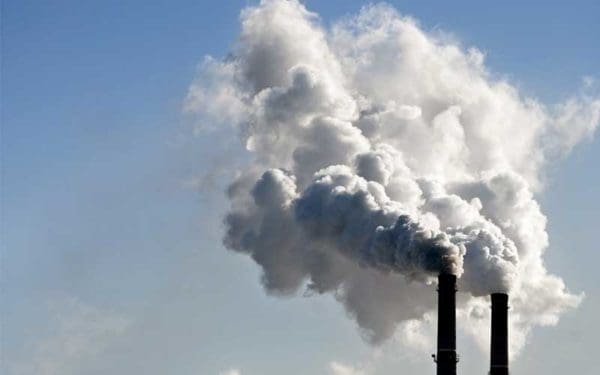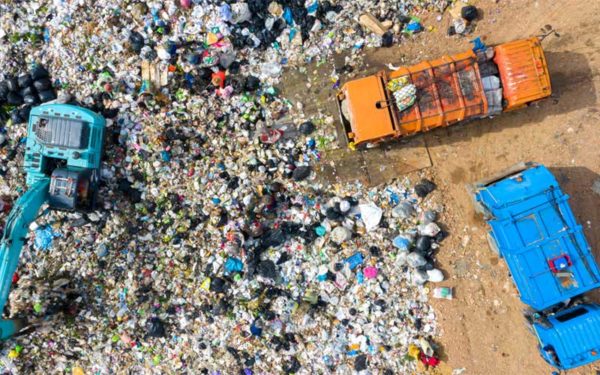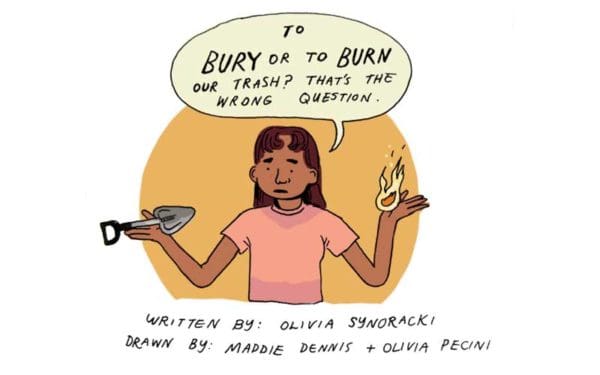Feb 24, 2023
“Everyone deserves a say in what happens in their backyards, no matter what language they speak,” said Staci Rubin, Vice President of Environmental Justice at CLF. “It’s unconscionable that Massachusetts officials are allowing this polluting project to plow ahead in the face of such strong community opposition. The EPA needs to step in and force the state to do the right thing by starting this process over.”
Dec 09, 2021
It’s the most wonderful (and wasteful) time of the year! As retailers bombard your inbox this holiday season, we challenge you to think outside the box – literally. To help you out, we’ve crafted a list of our top Zero Waste gifts to give this year.
Dec 02, 2021
Burying incinerator ash harms our health and environment. Yet, as New England’s incinerators limp on well past their lifespans, several ash landfills across the region want to expand.
Jul 13, 2021
“Maine’s current recycling system is broken,” said Peter Blair, Zero Waste Attorney at CLF Maine. “Cities and towns are paying exorbitant disposal rates for polluting products that are deliberately manufactured to be unrecyclable. It’s time plastic producers pay for polluting our air, land, and water with their products, and this law will finally hold them accountable.”
May 19, 2021
We have a food waste problem. Each year, the U.S. trashes about 125 to 160 billion pounds of food. And while several factors play into our increasing wastefulness, the good news is, we have readily available solutions at hand.
May 10, 2021
Expanding a landfill’s acreage or the number of tons it buries each year only increases the pollution it emits. That’s why CLF is fighting back against these southern New England landfill expansion proposals.
May 10, 2021
Time and again, corporate waste giants are granted permission to expand their dangerous landfills. CLF is working to stop these Northern New England landfills from getting bigger and harming our communities.
Dec 17, 2020
Hartford’s incinerator has been poisoning nearby communities for far too long. It’s time for the city to shut down this toxic facility and move towards innovative zero-waste solutions that aim to protect public health.
Sep 10, 2020
Burning and burying our trash leads to carbon pollution. We need to phase out these old, polluting incinerators and landfills and replace them with zero-waste alternatives. By doing so, we can help lower climate-damaging emissions and protect our communities and the environment.
Sep 08, 2020
We don’t have good systems for dealing with our waste other than throwing a mix of toxic junk into our garbage cans. But we could. The truth is, it’s not a question of whether we should bury or burn our waste. What we should be asking is this: how do we produce less trash?
